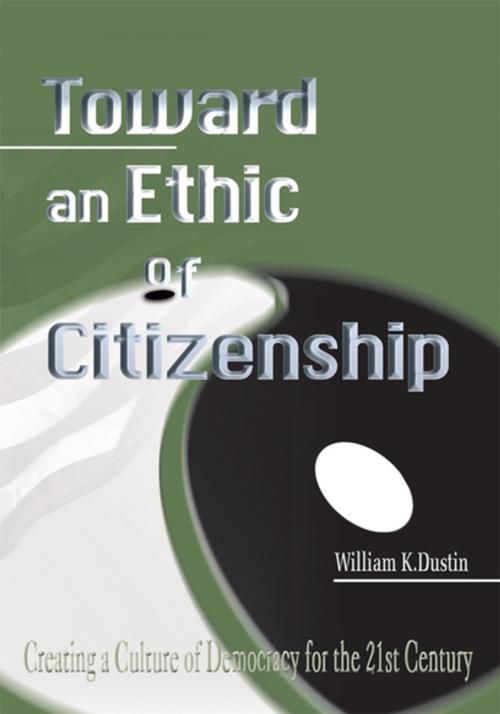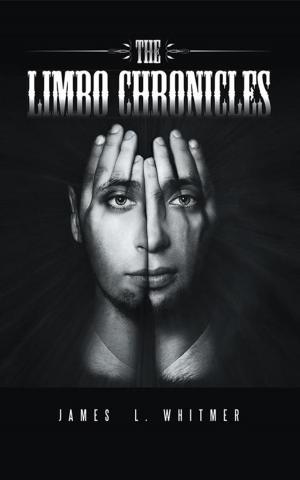Toward an Ethic of Citizenship
Creating a Culture of Democracy for the 21St Century
Nonfiction, Reference & Language, Law, Urban State & Local Government, Social & Cultural Studies, Current Events, Political Science, Government, Local Government| Author: | William K. Dustin | ISBN: | 9781469742304 |
| Publisher: | iUniverse | Publication: | January 11, 2000 |
| Imprint: | iUniverse | Language: | English |
| Author: | William K. Dustin |
| ISBN: | 9781469742304 |
| Publisher: | iUniverse |
| Publication: | January 11, 2000 |
| Imprint: | iUniverse |
| Language: | English |
The idea for this book arose out of a little known political scandal, known as "phonegate", that occurred in Minnesota in the early 1990's in which a number of legislators were found to have been abusing their phone privileges. The hubris of the legislature in response to the discovery of this abuse not only made me rather angry, but, since I had been called for jury duty the year before, gave me the idea that service in the legislature ought to be a duty of citizenship like jury duty. Although the idea of the citizen legislature goes back to Aristotle, serious consideration of it raises the question of what is meant by citizenship and representation. This book addresses that question. It is an attempt to develop a model of citizenship in which representation is simultaneously a fundamental right and the highest obligation. After developing these ideas at a rather high level of abstraction, the book concludes with a proposed constitutional amendment for the State of Minnesota to illustrate how the model will work in practice.
The idea for this book arose out of a little known political scandal, known as "phonegate", that occurred in Minnesota in the early 1990's in which a number of legislators were found to have been abusing their phone privileges. The hubris of the legislature in response to the discovery of this abuse not only made me rather angry, but, since I had been called for jury duty the year before, gave me the idea that service in the legislature ought to be a duty of citizenship like jury duty. Although the idea of the citizen legislature goes back to Aristotle, serious consideration of it raises the question of what is meant by citizenship and representation. This book addresses that question. It is an attempt to develop a model of citizenship in which representation is simultaneously a fundamental right and the highest obligation. After developing these ideas at a rather high level of abstraction, the book concludes with a proposed constitutional amendment for the State of Minnesota to illustrate how the model will work in practice.















